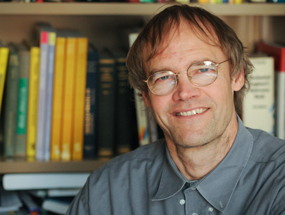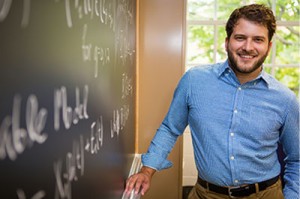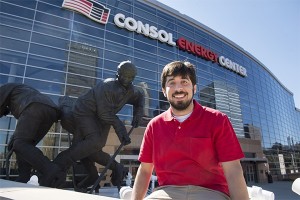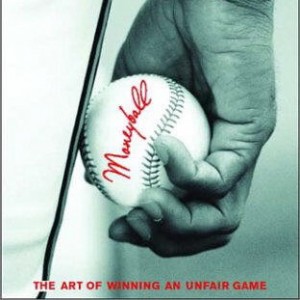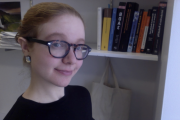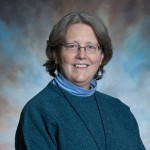Title: Monkeying around in South Africa
Abstract: As part of my sabbatical last year, I spent 5 weeks in South Africa at the Unizulu Science Centre in Richards Bay. One of the highlights of my stay were the many encounters with vervet monkeys, both in the flesh and abstractly in mathematical problems. They insist on playing a role in this talk.
The science center serves the some 700 rural schools in the province of Kwazulu-Natal. The level of mathematics achievement by the students at the rural public schools in South Africa is among the lowest in the world. The science center was charged by the Department of Education to conduct teacher training in geometry for the school teachers in the province.
During my talk, I will discuss my past and future role in the initiatives of the science center and will talk about some of my experiences
